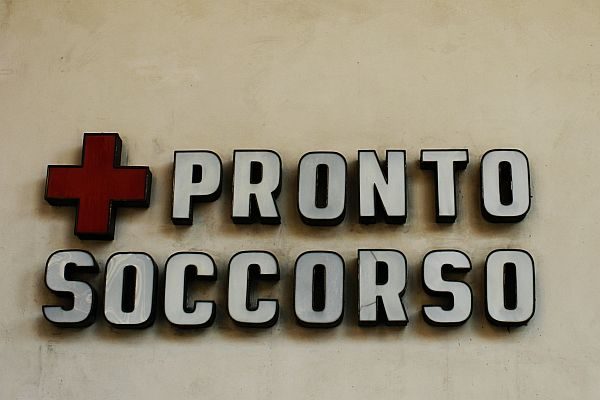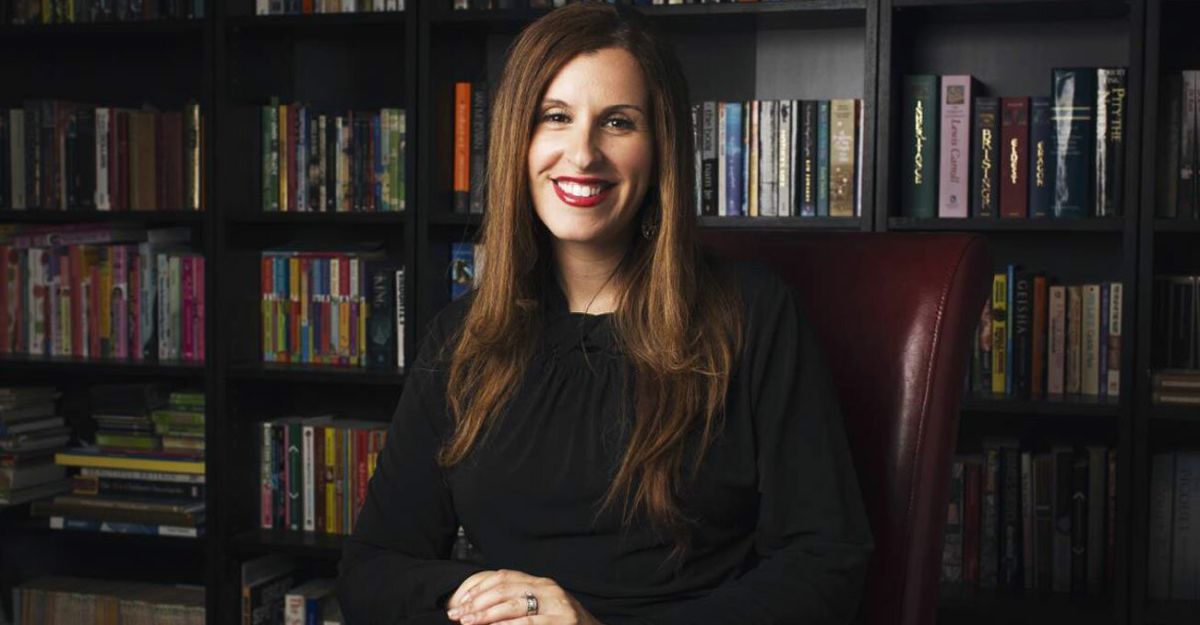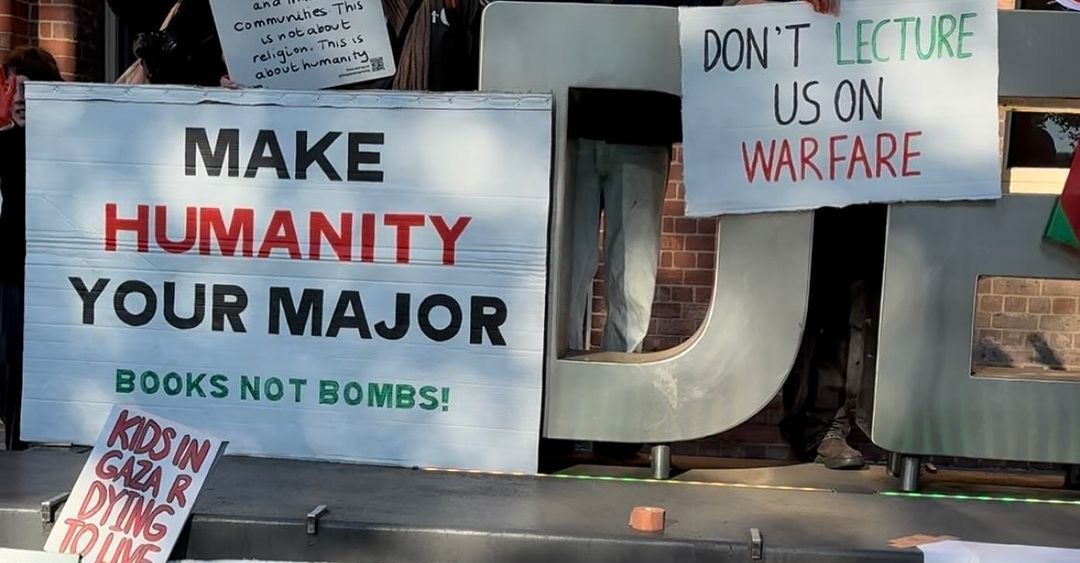‘I’m worried about Australia. I don’t think people understand how serious it is,’ I said to my landlady a week ago, over the wall that separates our terraces.
‘You have to tell them,’ she answered. ‘It’s a war.’
The language of war has been coming up again and again. It appears in speeches and headlines, in the desperate posts of doctors ‘on the front line’ in Bergamo. Images of war appear in the construction of field hospitals like that in the Fiera di Milano, the lines of military vehicles laden with coffins, the risks that medics are taking with their own lives (fifty-one doctors and twenty-three nurses have died to date in Italy alone).
The war analogy rings true from a medical perspective, but I also find it troubling. Historian Claudio Pavone described the last years of WW2 in Italy as a civil war, a class war, a time when the people were abandoned by the state. As the Italian experience of the pandemic is held up by many other nations as a warning, there is a risk that the combination of shame and nationalism will come together in dangerous, divisive ways.
However, the language of war does not just invoke an extraordinary emergency. Of the more than 9,000 lives that COVID-19 has taken here so far, many are elders, with the median age of seventy-eight. The generation that is dying includes some of the last to have taken part in the defeat of fascism. To invoke the language of war, then, is to remember an intergenerational debt. For many, it also recalls a time of revolutionary possibility.
What will this mean to Australians, for whom the defining image of war is a distant suicide mission, a mass sacrifice?
If I am focusing so much on word choice, on history, it may be because it’s hard to describe the here and now. It’s hard to get this experience to sit still for long enough to document its progress. Whenever I sit down to write about the pandemic, I am caught up in the swarming updates, as the staggering numbers of new cases here and around the world continue to rise, numbers that become irrelevant before they can be recorded.
It is hard to focus with so many sirens outside.
A couple of weeks ago, I told my family that living in Italy was like living a few weeks into the future. I sincerely wished that I was wrong. Now the illness has spread, and with it the extraordinary pressure on health systems that we all know by now are not strong enough, a pressure that will result in thousands upon thousands of preventable deaths worldwide. By now, many countries have made their decisions, choosing between health and economic priorities. Their reality will change as ours has, and many will arrive, as Italy has, at a place of regret.
Hindsight is cruel. As I write, Italy just recorded its worst day’s death toll at 969. The progression of the illness means that many of the people that are dying today contracted the virus weeks ago, before the lockdown. Your choices now will become visible in three weeks.
The virus has broken time. It has cracked open the real, making visible both utopian and dystopian possibilities. I want to focus on the former, on the mutual aid that springs up everywhere, the creativity and adaptability and generosity of ordinary people. How every act of staying home is an act of care. How we have come to an extraordinary understanding that we are all responsible for each other’s health, and in fact, we always were. How we have learned that solidarity is life and death. And in fact, it always has been.
I have been in lockdown for almost three weeks now. I have optimistic days. Perhaps it would be better if those were the only days I chose to document the experience, but accepting the fact of the pandemic means accepting shock, grief, anxiety, and horror. The numbers are people. The experience is exhausting, even when all I seem to be doing is staying inside, working, cooking, trying to stay in contact with family and friends around the world, trying not to become overwhelmed. It’s a brutal pendulum.
It swings at the level of politics, too. Here, there is a delicate balance at play between the voluntary solidarity invoked by #iorestoacasa, ‘I stay at home’, with its flash mobs and hand-drawn rainbows, and the escalation of law and order measures to police the lockdown. Although we are now beginning to see the effects of the lockdown in a reduction of new cases, signs that we are bending the curve, the wait is excruciating. We are also seeing an increase in the numbers of people cautioned or fined by the police for violating the rules – and there are more rules each week. An escalation of state power in a time of uncertainty is an enormous risk. Italy’s coalition government remains fragile. Help from the rest of Europe has been reluctant. Unity is being tested everywhere.
Relationships are visible now that were invisible before. There are cracks in our assumptions about safety and normalcy and worth. Old forms of value that were weak and unbalanced are crumbling away. We can see what really holds us. We can see how health systems have suffered from a decade of austerity cuts. On my more optimistic days, it feels as if there will never again be cuts to public health care. Other days, I wonder how long it will take us to forget.
The reduction of all work to essential work is, by itself, illuminating. Because it turns out that the work that sustains us all is often the lowest paid. Healthcare workers. Childcare workers. School teachers. Waste removalists. Supermarket checkout operators. Delivery drivers. Bus drivers. Sanitation workers. Cooks. All kinds of carers. And yes, even journalists, artists, musicians.
All of us are taking on new forms of work, for each other, our families, our neighbours, and for friends. Partners are witnessing each other’s labour. Parents are seeing what teachers do. The able-bodied are suddenly learning about access. In the weeks of the lockdown, Italians have been trying to communicate the urgency of the situation to the rest of the world, with varying degrees of success, and this is also care work: a duty, an effort of solidarity. We are in it together. We are here for each other.
The invisible transmission of the virus has changed the way our bodies move in space, changed our awareness of ourselves as social bodies, in ways that are deeply unsettling. These changes are no less political, and they too open both dystopian and utopian possibilities. In the days when we could still greet each other, when we were merely social-distancing, friends stood apart and spoke about how sad it was that we were not able to greet each other with an embrace. I had not known how much our happiness depended on it, how helpless we felt without this contact.
As the lockdown began, I walked six blocks to pick up a script from the GP. I stood in the street with strangers, waited as one person entered the building at a time. We were anxious, alert to the distance between us. Besieged by the image of transmission, the body is revealed as a phenomenon of exchange. We have auras now. A nearly visible cloud of microbes hovers around each of us. We are newly conscious of how long our breath might stay in the air, how his exhalation might become your inhalation, how her touch might remain on a door handle, a lift button. This might arrive first as an awareness of personal risk, but it slowly reveals itself as a shared vulnerability, a social responsibility, as we each absorb the knowledge that we might be carriers, vectors; that we must all be careful.
If there is a better word than war for what we are experiencing, it is care. What matters now is how a society cares for all its members, especially the most vulnerable. How a culture values the workers who are most essential, who do the bulk of that labour of care. As the cracks widen in the world’s economy, we are offered a chance to recalculate these values. There is a possibility that our mutual care, our shared vulnerability, will remain visible in future.
As the realisation of our shared breath hits home in the body, perhaps we will see that we are more than just vectors, carriers: perhaps we will learn to see ourselves as agents of care. We all depend on the same atmosphere, the same set of lungs. Our very survival is a collective choice and a collective duty. In fact, it always has been.
This vision might decay when the war is over. But on the good days, I think that if we can manage to sustain it, we may have a model for addressing another great public health challenge of our times: the climate emergency.
Image: Fabio Venni






